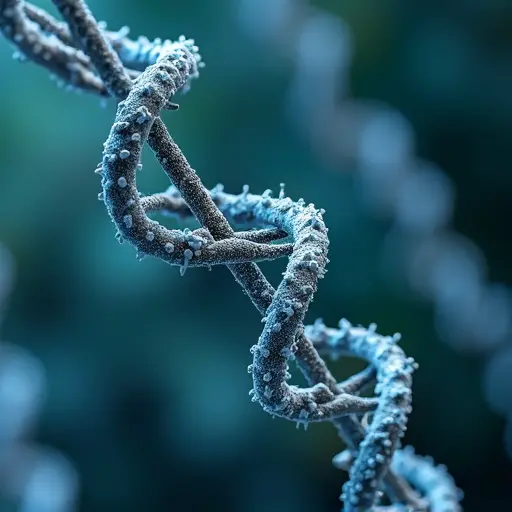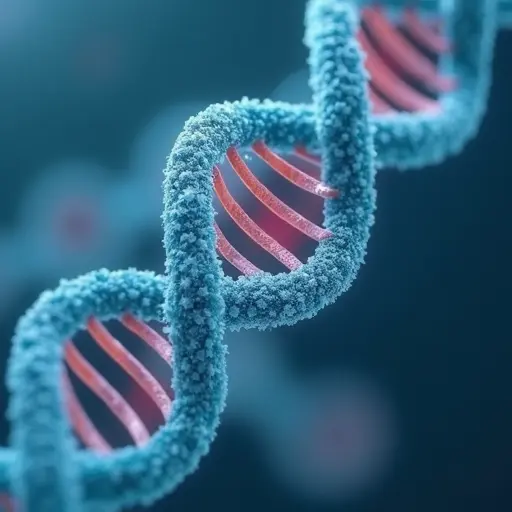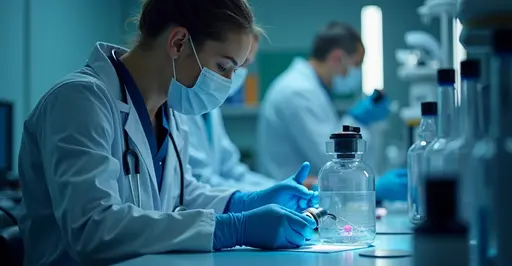
Promising Results in Gene Therapy Clinical Trial
Early stage clinical trial results have shown significant improvement in patients suffering from a rare genetic disorder, offering new hope for treatments targeting conditions previously considered untreatable. The phase I/II trial focused on a novel gene therapy approach using adeno-associated virus (AAV) vectors to deliver functional gene copies to affected cells.
Remarkable Patient Outcomes
Researchers observed measurable improvements in 85% of participants, with some showing near-complete resolution of symptoms after just six months. Dr. Alan Parker, lead investigator at the University of Medical Innovations, stated: "These results exceed our expectations. Patients who couldn't walk unaided are now taking their first independent steps."
Understanding the Technology
The therapy works by replacing faulty genes with functional copies using viral vectors - a technique refined over decades since the first human gene transfer in 1989. Recent advancements in AAV technology have improved targeting precision while reducing immune responses, making treatments safer and more effective.
Overcoming Development Challenges
Developing therapies for rare diseases presents unique obstacles. As noted in recent reports from Tufts Center for Drug Development, rare disease trials typically require 30% more patient visits and face 23% longer startup timelines compared to common conditions. The limited patient pool also complicates recruitment and trial design.
Future Treatment Landscape
With over 35% of global drug pipelines now targeting rare diseases, this breakthrough adds momentum to the field. Pharmaceutical companies are investing in next-generation delivery systems including lipid nanoparticles and novel capsid designs to improve tissue-specific targeting. The therapy will advance to phase III trials later this year.
For more information on gene therapy advancements, visit the American Society of Gene & Cell Therapy.

 Nederlands
Nederlands
 English
English
 French
French
 Deutsch
Deutsch
 Espaniol
Espaniol
 Portugese
Portugese








